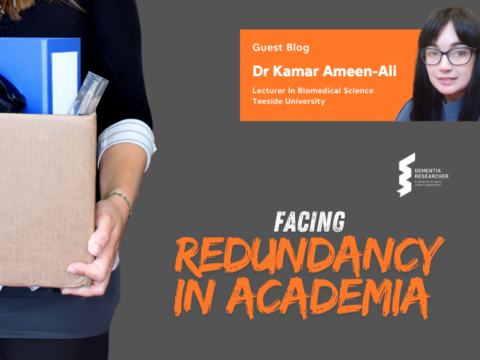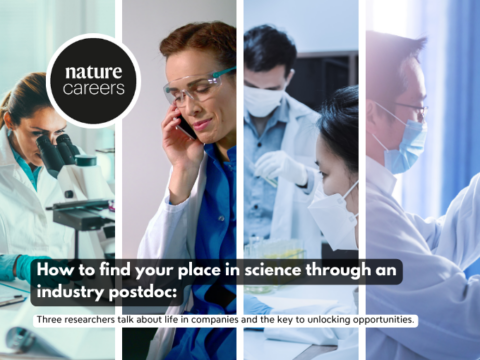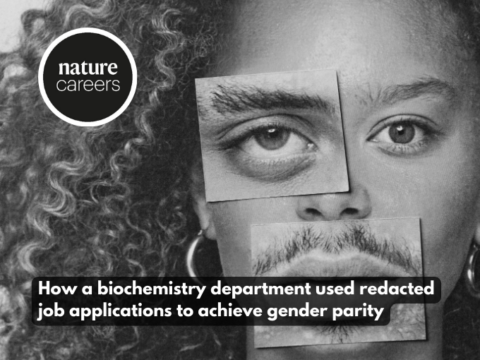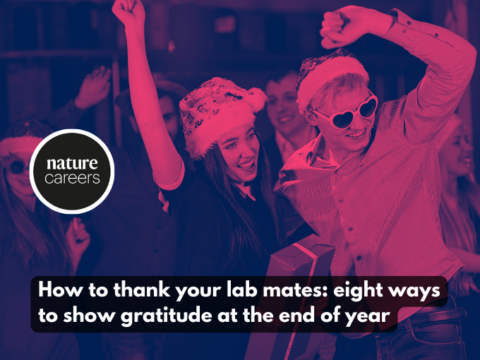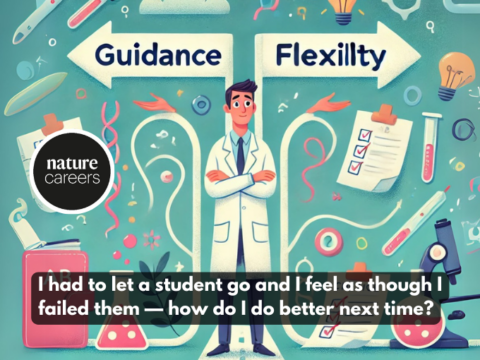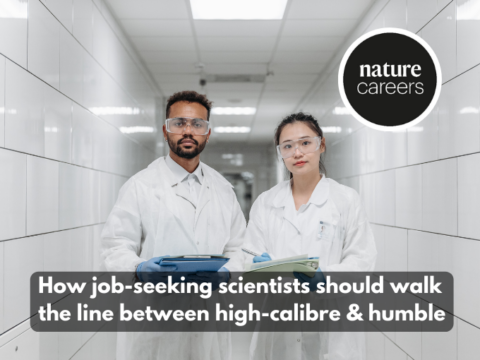 After I finished my PhD in 2014 at Duke University in Durham, North Carolina, I stayed for an extra year to finish a paper and look for a postdoc position. The first step of my process was to decide what I wanted to do with my career, so I could find a laboratory that would help me to achieve that. It can be hard to answer this question because you really need to know yourself and reflect on what you want. I was a bit apprehensive about making such a strong statement about my career — a feeling that I think is shared by many graduating students. But, I decided that I wanted to try to stay on the academic track, so I needed to find a postdoc position that would support and help me to prepare for eventually becoming a group leader.
After I finished my PhD in 2014 at Duke University in Durham, North Carolina, I stayed for an extra year to finish a paper and look for a postdoc position. The first step of my process was to decide what I wanted to do with my career, so I could find a laboratory that would help me to achieve that. It can be hard to answer this question because you really need to know yourself and reflect on what you want. I was a bit apprehensive about making such a strong statement about my career — a feeling that I think is shared by many graduating students. But, I decided that I wanted to try to stay on the academic track, so I needed to find a postdoc position that would support and help me to prepare for eventually becoming a group leader.
The next step in my process was to broadly identify what type of field I wanted to work in and which techniques, system and organism I wanted to learn. Several people advised me to change one or two of these choices from my PhD work, which was in yeast cell biology. Although I really value having experience in multiple fields and techniques, I don’t think this change is absolutely necessary. I’ve seen many postdocs develop successful careers without changing paths. Again, this requires self-reflection to really identify what fields, techniques and systems you care about. I also talked my options through with my PhD adviser, Daniel Lew, and my lab mates. I read a lot of papers to get a feel for different areas. In the end, I decided to stay working with yeast but to take on more of a biochemistry approach.
I then put together a list of possible labs as I read papers and perused university and institute department websites. By this point, my partner and I had decided that we would like to live in Europe, because it would be a great opportunity to move somewhere else and experience a different way of living. I prioritized labs in Europe, but I included many in the United States as well.
The hardest part was making a shortlist….
Read the rest of this blog on the Nature Careers website – https://www.nature.com/articles/d41586-022-01728-6
What advice would you give to someone choosing a new lab to work in? Drop us a line on twitter #ECRDementia – looking for more top tips? Careers is full of helpful support.

 Print This Post
Print This Post
